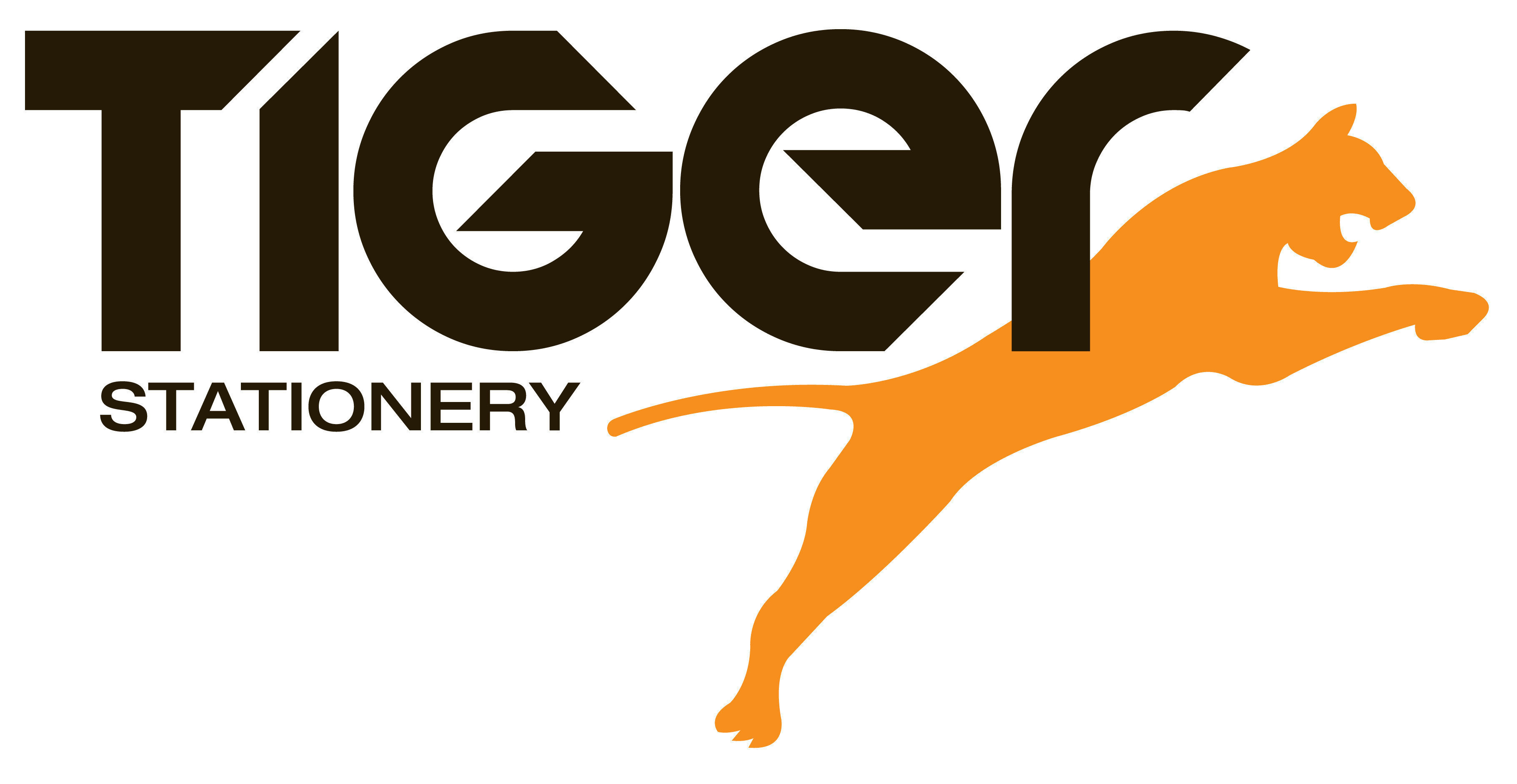Modern Slavery Act
1. Structure, business and supply chain
Tiger Stationery is a large Stationery Supplier across the UK and Ireland.We are serious about our brand because it’s part of our identity and so is our commitment to corporate social responsibility. We believe transparency is the best way we can ensure the public that we are doing our best as an ethical corporate citizen. In that spirit, we have published our annual statement for slavery and human trafficking, made in compliance with section 54 of the Modern Slavery Act 2015, in which we explain how slavery and human trafficking can affect our business and the steps we are taking in the fight against it. This slavery and human trafficking statement also addresses the steps taken by our subsidiary companies, Dane S.A. and Tiger Stationery. This statement is intended to fulfil the legal requirement for a slavery and human trafficking statement on behalf of all companies within the Ashram Threads group, as relevant. Our efforts against slavery and human trafficking complement our broader CSR Policy and our adoption of the Ethical Trading Initiative.
Tiger Stationery is headquartered in UK, and sells its products throughout UK and Ireland. Our product range makes use of goods and materials, which for the most part is sourced from China and India respectively. This allows us to focus our oversight and influence over three discrete geographic regions. We have over 30 employees within our organisation in addition to approximately 1000 workers who are engaged through our supply chain. Where possible, we engage suppliers who have relationships with existing suppliers so that we can contain our supplier network and improve consistency in ethical practices throughout the supply chain. For a more detailed breakdown of our supply chain composition, please see the Supply Chain section of our Annual Report.
Building on our existing CSR Policy and our commitment to the Ethical Trading Initiative, we have embraced the requirement to publish an annual slavery and human trafficking statement. This will allow us to share our efforts against slavery and human trafficking and improve and measure our success each financial year. This past financial year ending 31 March 2016, we took the following key steps to ensure slavery and human trafficking did not occur within our organisation or supply chain.
2. Slavery and human trafficking policies
Notably, we developed our Slavery and Human Trafficking Policy, which can be found within our CSR Policy. We also updated our Supplier Code of Conduct. It sets out clear objectives for 1, 3 and 5 year slavery and human trafficking plans around the following themes:- Relationships: Strengthening our supplier engagement process
- Feedback: Establishing grievance mechanisms and channels for individual worker feedback
- Knowledge: Improving our knowledge base by collecting relevant data and improving product traceability
- Third party engagement: Building strategic alliances with independent social auditors, unions and NGOs
- Measurable change: Developing verifiable KPIs to measure progress
- Supplier collaboration: Encouraging suppliers to collaborate to address slavery and human trafficking issues
- Incentivisation: Developing mechanisms to incentivise employees and suppliers to address slavery and human trafficking and improve labour standards
- Accountability: Establishing a framework for organisation accountability to allow for raising issues, making suggestions, voicing grievances and reporting slavery and human trafficking
3. Due diligence procedures
We understand that our biggest exposure to Modern Slavery is in our product supply chains, where we have undertaken activity over the last decade to minimise the risk of Modern Slavery. Within these areas, new suppliers and factories/sites are subject to due diligence checks in the form of ethical/compliance audits. Such audits are also regularly conducted for existing suppliers and factories/sites. These audits assess compliance with the Global Sourcing Principles and are, amongst other things, intended to identify any Modern Slavery practices. If issues are identified, appropriate investigative and remedial actions will be taken.4. Identifying, assessing and managing risk
We set out to identify the extent of any slavery and human trafficking in our supply chains by:- Conducting 15 internal spot-checks at factories in China.
- Engaging third party auditors to conduct social audits at 5 supplier sites
- Interviewing 200 workers to discuss their conditions and their rights
- Collaborating with 2 of our suppliers to develop an improvement plan to address new and previously identified slavery and human trafficking issues
- Instituting an annual review questionnaire for existing suppliers to understand suppliers’ self-assessment of slavery and human trafficking issues, allowing us to better identify slavery and human trafficking issues as they develop over time and to collect supplier-provided data to track improvement in suppliers’ attitudes.
5. Key performance indicators
In order to assess the effectiveness of our modern slavery measures we will be reviewing the following key performance indicators:- Staff training levels
